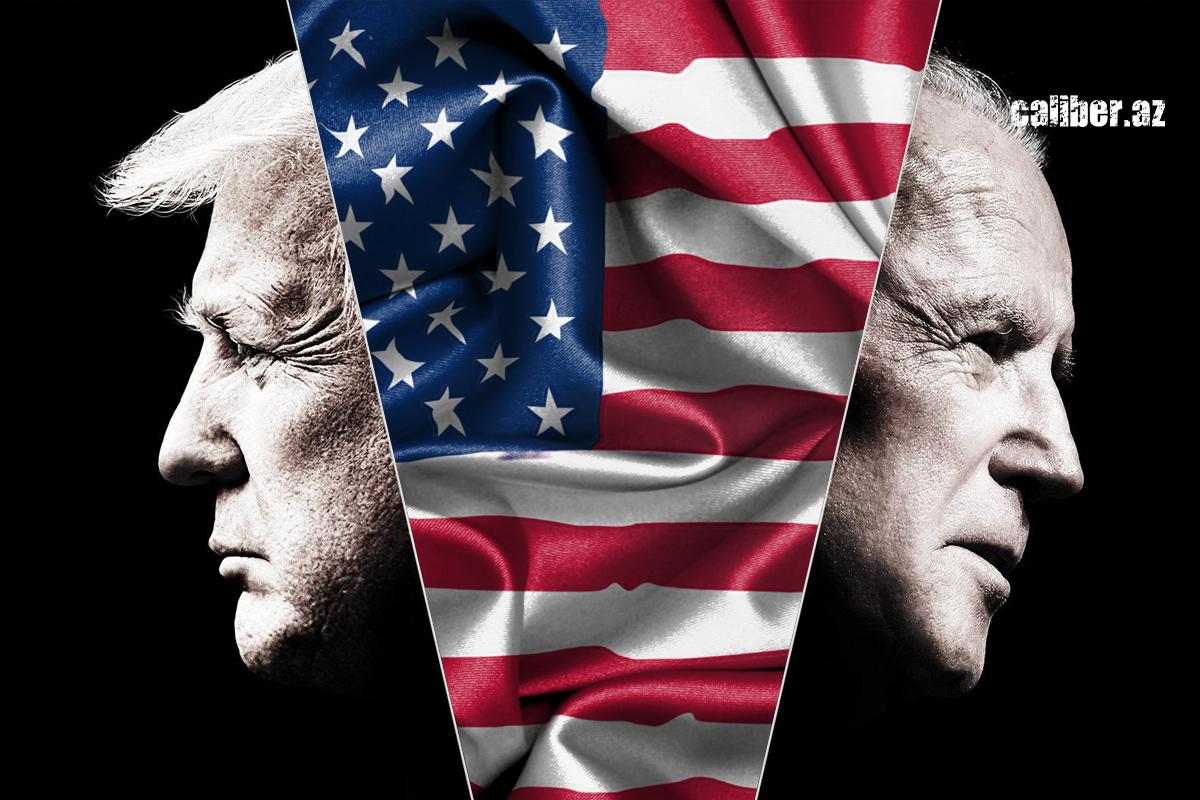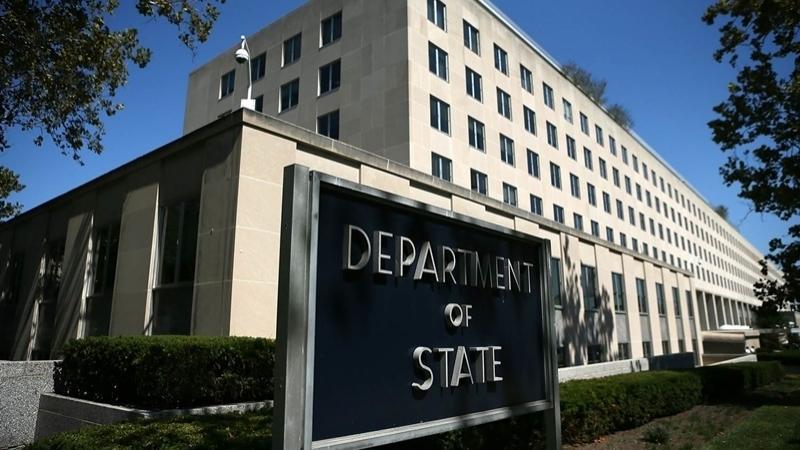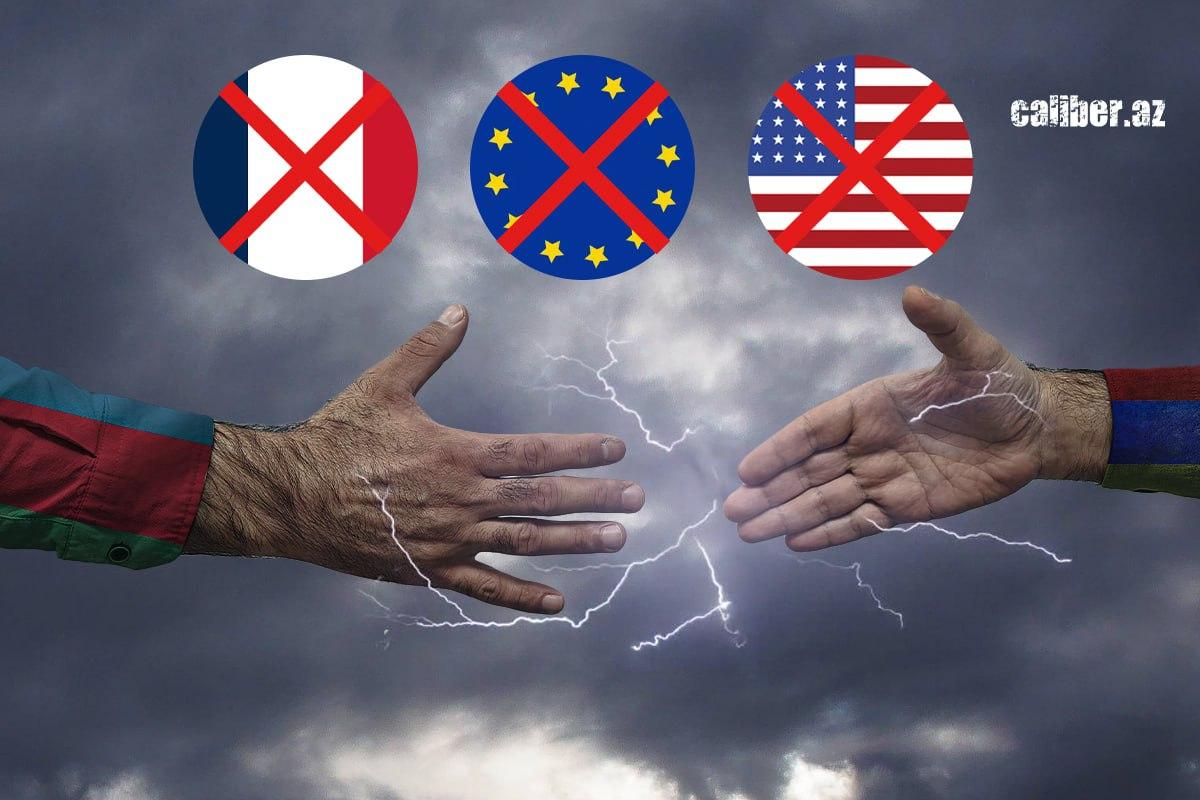Azerbaijan’s military, economic potential shapes future of Caucasus Jamestown Foundation senior fellow’s opinion at Caliber.Az
Caliber.Az has held an interview with Senior Fellow at the Jamestown Foundation Margarita Assenova.

— Presidential elections will be held in the US this November. Polls show that Trump from the Republican Party is maintaining an advantage over President Biden from the Democratic Party. Who has more chances of winning and why?
“It is too early to talk about the winner of the presidential elections scheduled for November 2024. Numerous events may happen. After the verdict was announced for Trump last week, polls have shown that overall support for Trump slightly weakened. If he is imprisoned in July, his positions will be more weakened.
The most important results will be observed in seven swing states (where preferences change between the candidates of the Republican and Democratic parties), namely, Arizona, Nevada, Wisconsin, Michigan, Pennsylvania, North Carolina and Georgia. At the moment, Trump's lead is insignificant and within the margin of error.
Independent voters, young voters and suburban women will make a choice in those seven states. Many young voters are displeased with the Biden administration's policy towards the war between Israel and Hamas, pushing for a ceasefire and protection of civilians in Gaza.

On the other hand, an overwhelming number of women are displeased with recent restrictions on abortion in the states with a majority of Republican voters. Independent voters pay attention to protecting the US democratic system, which Trump is threatening by accepting the 2020 election results and inciting an insurrection on Capitol Hill. Vital issues are expected to play a decisive role in voters' preferences as the inflation rate remains high and affects both middle class and low-income Americans. We may not have clearer information about the swing states until late October, especially if other candidates are also vying for the presidency. They will get votes that would otherwise go to Trump or Biden.
— Relations between Azerbaijan and the US go through ups and downs. We remember that last year, US Assistant Secretary of State James O'Brien said at a hearing in a committee of the US House of Representatives that the US-Azerbaijan relations will not be normal until peace negotiations with Armenia are successful. Then, US Secretary of State Antony Blinken had a phone talk with Azerbaijani President Ilham Aliyev, and a noticeable cooling in relations was avoided. Sometimes Washington criticises Baku due to Armenia. Is it a care for Armenia or a reason to put pressure on Azerbaijan?
— Azerbaijan is in a strong position after winning the war and restoring its territorial integrity. It has the military and economic potential to shape the future of the Caucasus, especially given its strategic alliance with Türkiye. There is great responsibility after obtaining such power. I think the Azerbaijani leadership is well aware of this responsibility and the opportunities that a lasting peace agreement will give for the region and beyond.
However, sometimes the West is concerned about the rhetoric between Azerbaijan and Armenia, especially after the developments of September 2023 were a surprise while the departure of 100,000 Armenians raised fears of a renewed conflict. It is noteworthy that Baku has repeatedly stated that Karabakh Armenians may freely return to Karabakh and live in accordance with the Azerbaijani legislation. The settlement of humanitarian issues, property rights and the permission for the Karabakh Armenians to return to Karabakh will only strengthen the prospects for a peace agreement.

I think that the US politicians are mainly concerned about ensuring a peace agreement, protecting the rights of “refugees”, rendering assistance to thousands of Armenians who left Karabakh. Another challenge is the stability of Armenia, which is trying to distance itself from Russia while maintaining a democratic system.
The situation in the Caucasus is currently fragile and taking into account two wars going on simultaneously in Ukraine and the Middle East, Washington does not need another conflict.
Baku and Yerevan switched to a bilateral format of negotiations, without intermediaries since the end of last year. Is the US concerned that it has lost its role as a mediator? However, France and some forces in the EU are trying to interfere in the processes in the South Caucasus and hamper the negotiations between Baku and Yerevan. What is their purpose?
— I think that the format of direct negotiations between Azerbaijan and Armenia may be more effective than attracting external players. It is already giving results, and it appears that an agreement could be reached in a few months. I don't think the US administration is worried about standing aloof while the process goes on. In fact, Washington facilitated and carried out some negotiations before the developments of September 2023. After this, despite some hitches in relations with Baku, the US continued supporting peace negotiations.
The EU is concerned about maintaining stability in Armenia and supporting the government of Armenian Prime Minister Nikol Pashinyan when he has to make difficult decisions, namely, to approve a peace agreement despite the nationalists’ rallies in Yerevan and to reduce dependence on Russia. These are hard decisions, and I think that the Azerbaijani people understand the complexity of this historical moment.
Yerevan's relations with Paris are greatly influenced by the active Armenian diaspora in France. I think that strengthening military ties between the two countries is mainly aimed at ousting Russia. Unfortunately, the Azerbaijani factor is used as the main reason for the supply of weapons to Armenia, which certainly hinders peace negotiations.
— You know our region well. Could you even imagine five years ago that Azerbaijan would return Karabakh and the delimitation of the Armenian-Azerbaijani border would begin?
— After the hostilities in 2016, it was clear that there would be a new war in Karabakh. Azerbaijan has been preparing for such a scenario for a long time, especially after the Madrid Principles, updated in 2009, were not implemented and negotiations failed. It is pleasant that the delimitation of the borders between Armenia and Azerbaijan began after the end of hostilities, which accelerated the peace negotiations.
— How do you assess the prospects for a peace treaty between Azerbaijan and Armenia?
I think we will see a peace agreement soon, perhaps before the end of the year. Baku is determined to achieve this. Yerevan is trying to close the painful chapter of nationalism and war and finally put an end to the regional isolation. The peace agreement will allow Armenia to contribute to the region's economic rise and become part of its growing importance as a transport and logistics corridor from Central Asia to Türkiye and further to Europe and the Mediterranean.

The Caucasus has a bright future if it can use its geographic location to become a coherent region in terms of economy and security - with lasting peace, reliable transport ties, attractive conditions for foreign investments and educated people. I hope that in the next few years we will see a very different future.
— Bulgaria is one of the countries getting the Azerbaijani gas. How do you assess Azerbaijan's role in ensuring European energy security?
- The Azerbaijani gas is supplied to key regions of Europe, such as the Balkans and parts of Central and Eastern Europe, which were greatly dependent on Russian gas. Despite the modest volumes compared to total EU consumption of about 350 billion cubic metres per year, the Azerbaijani gas has a noticeable impact on such countries as Bulgaria. In fact, the Azerbaijani gas saved Bulgaria from an impending crisis when Russia suddenly stopped all supplies in June 2022. Currently, Baku meets almost half of the natural gas which Bulgaria needs, the other half is supplied as LNG.
The Azerbaijani gas has also played an important role in Italy, which was one of the countries most dependent on Russian gas before Moscow's military operation in Ukraine in 2022. Now Italy does not need the Russian gas thanks to the successful diversification of supplies, including the Azerbaijani gas.
Farah Mammadli








